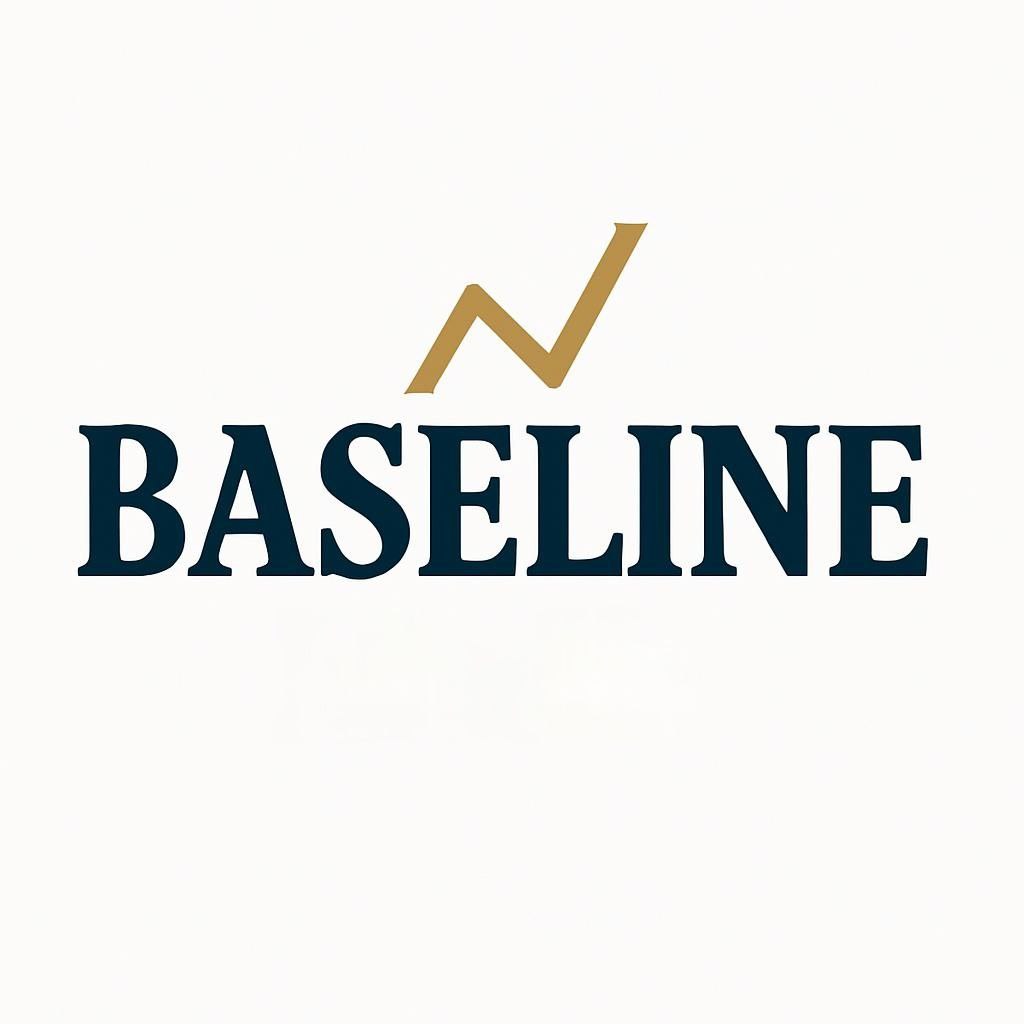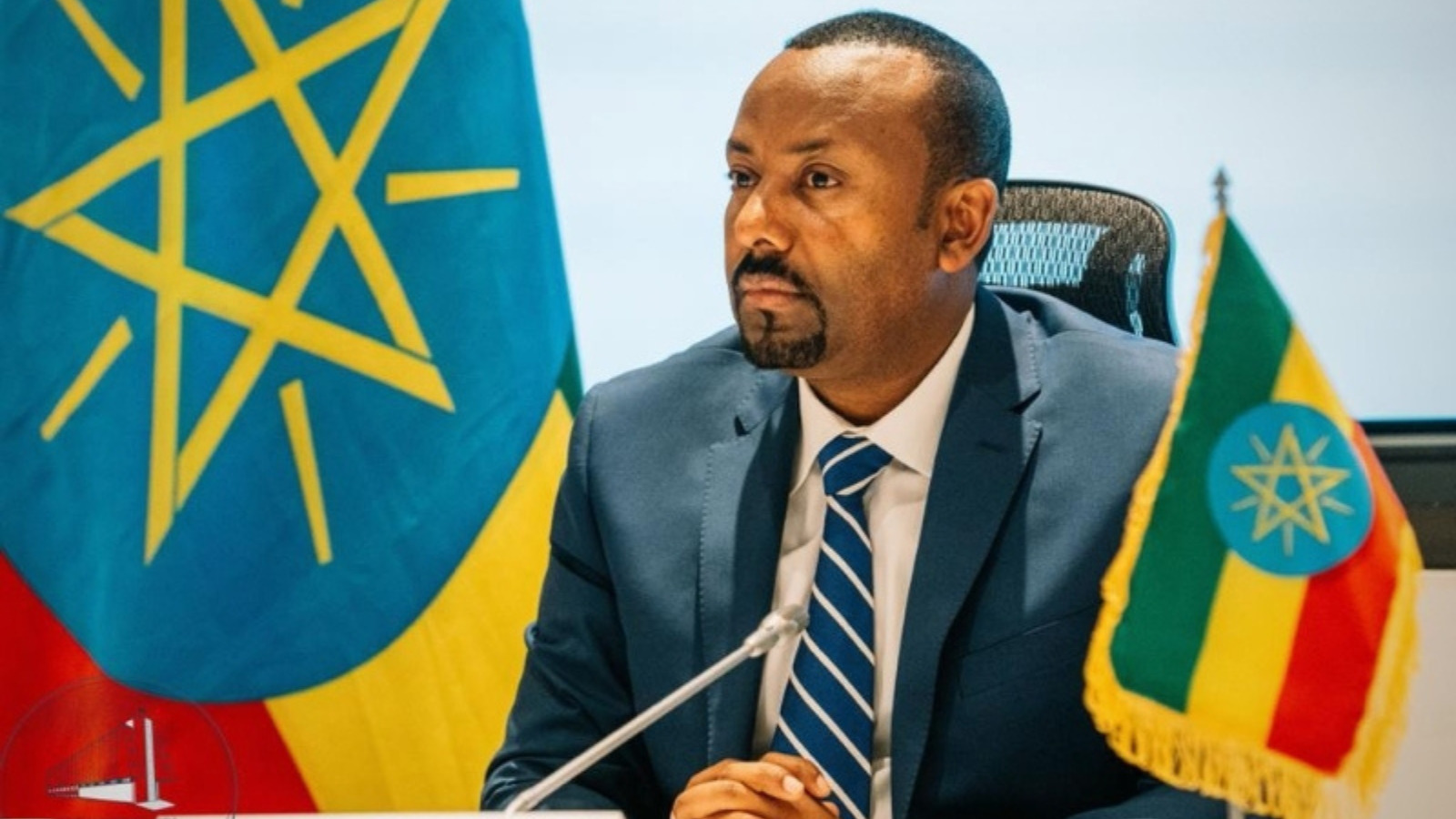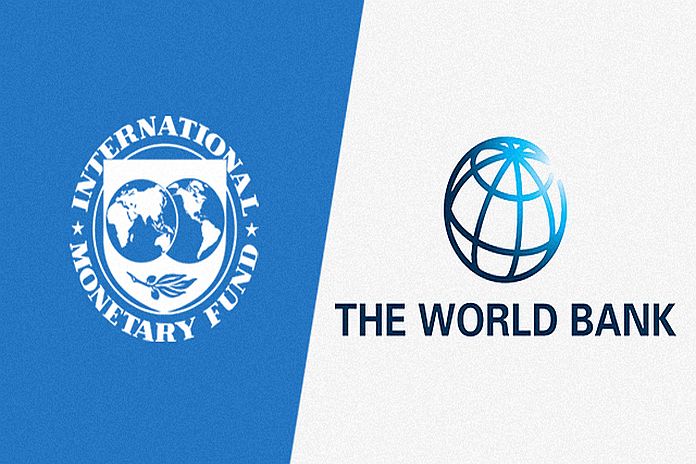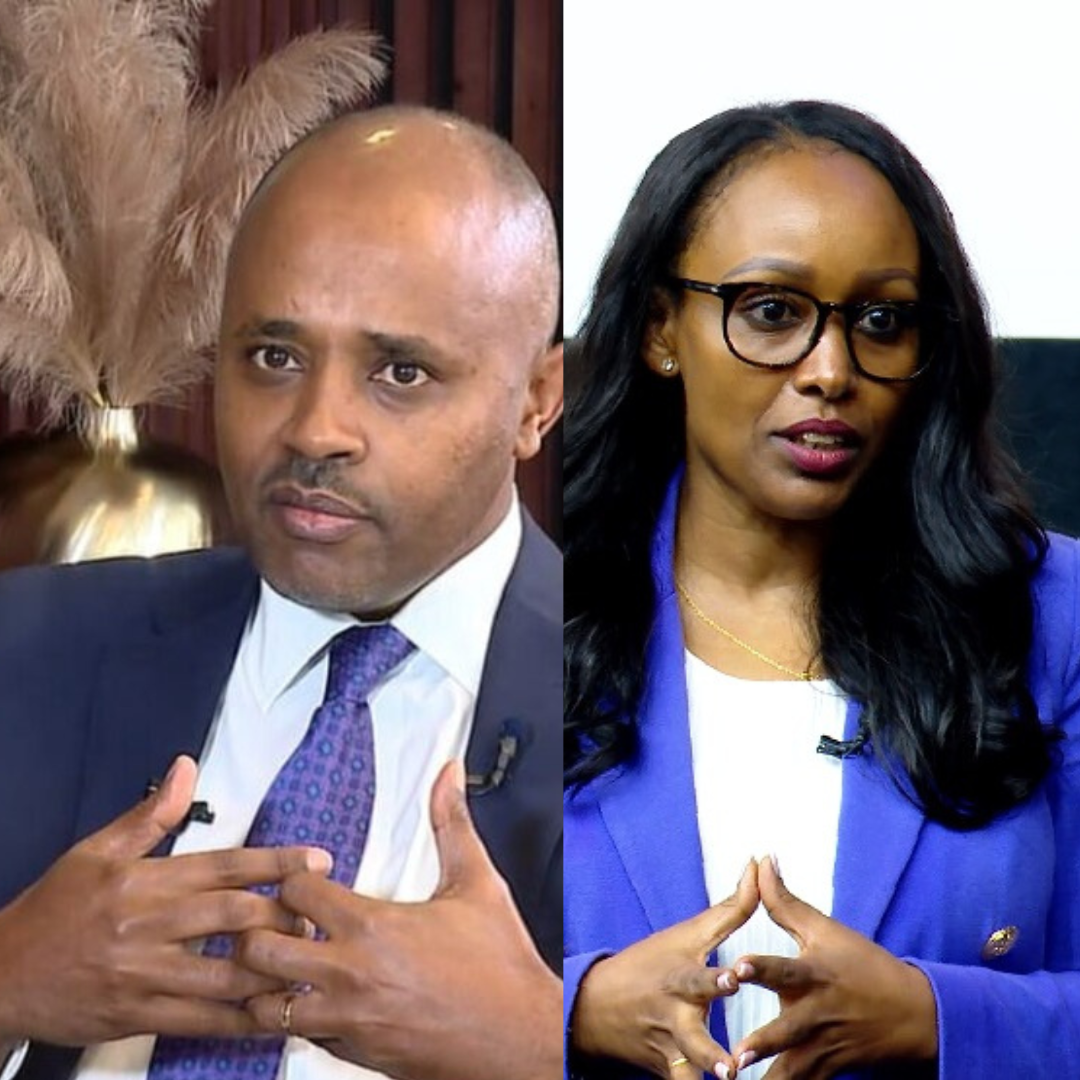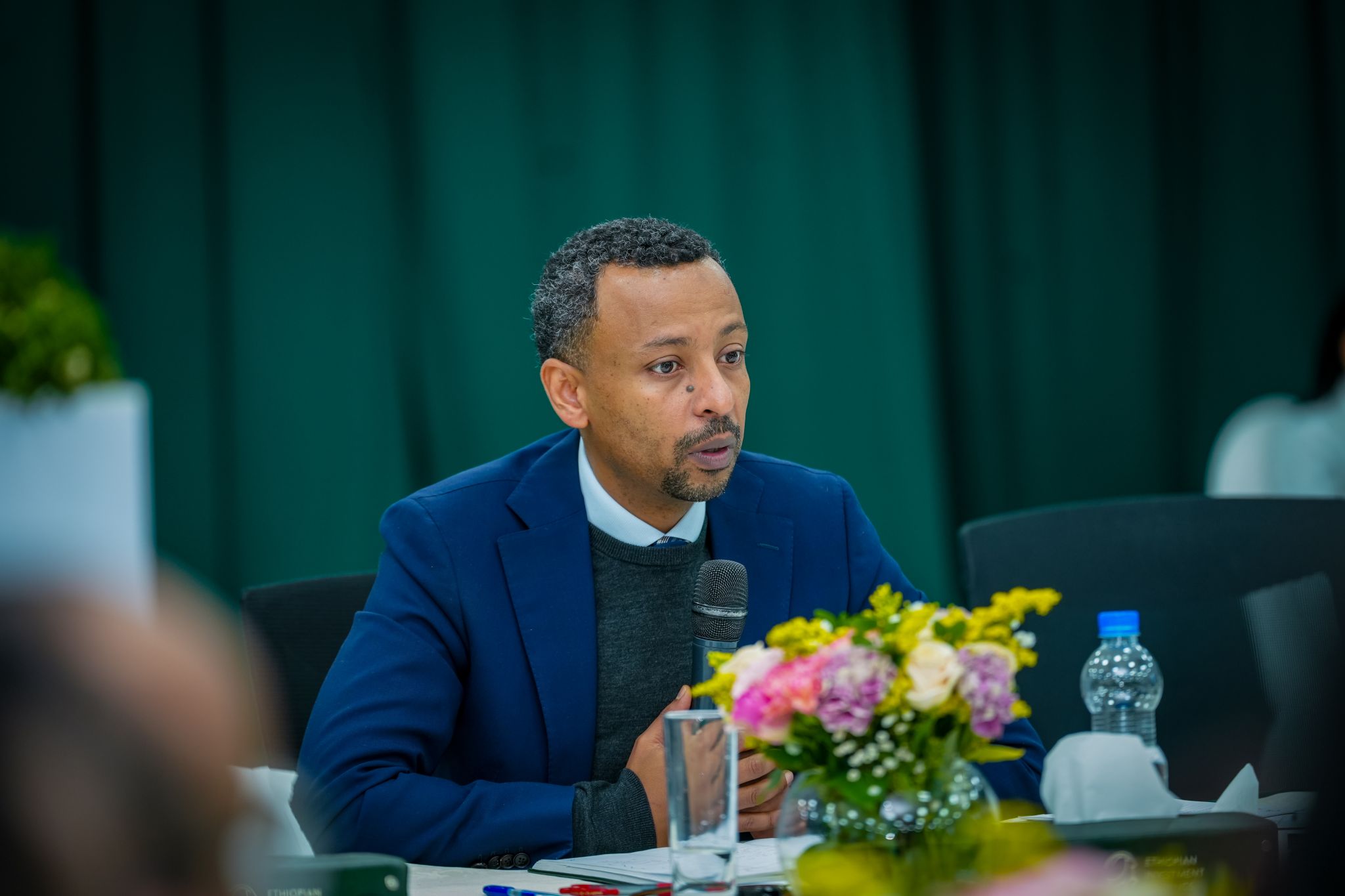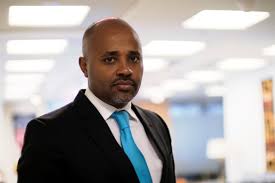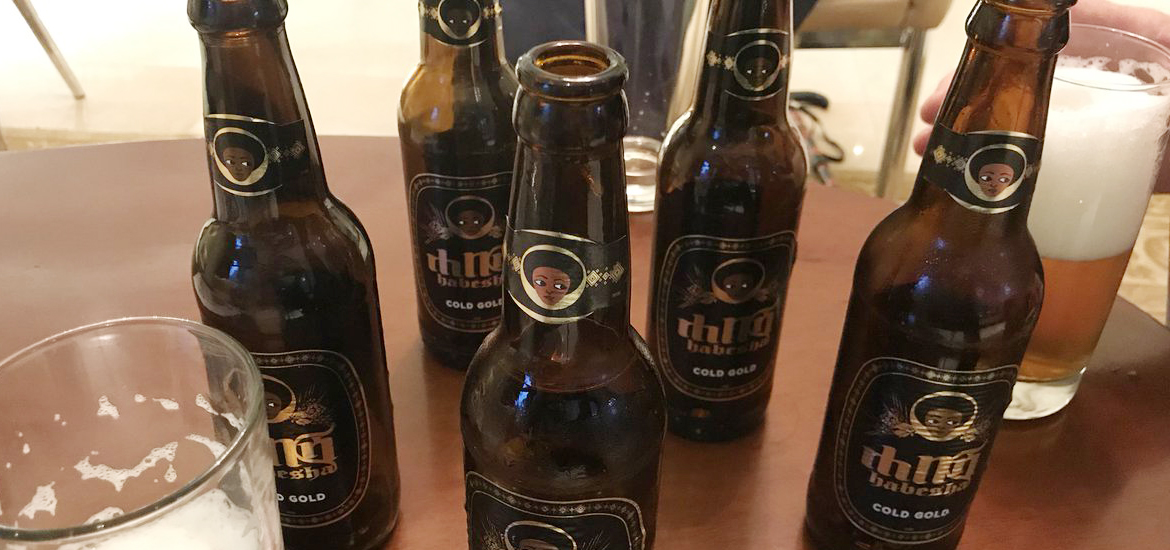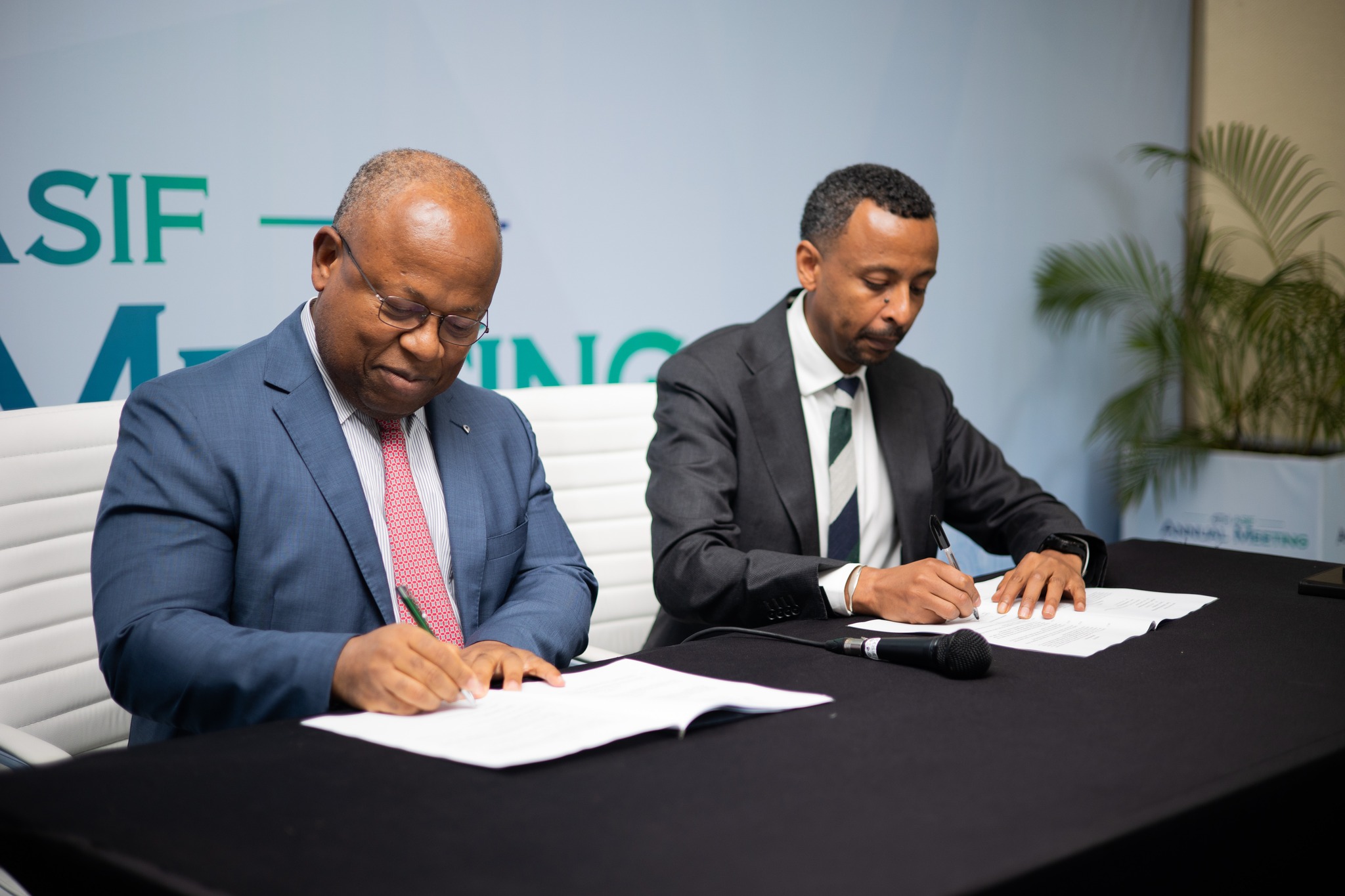Burundi, Eritrea, Madagascar, Mozambique, and South Sudan to Benefit from Anti-Money Laundering Program
BaseLine Team
02 Aug, 2025
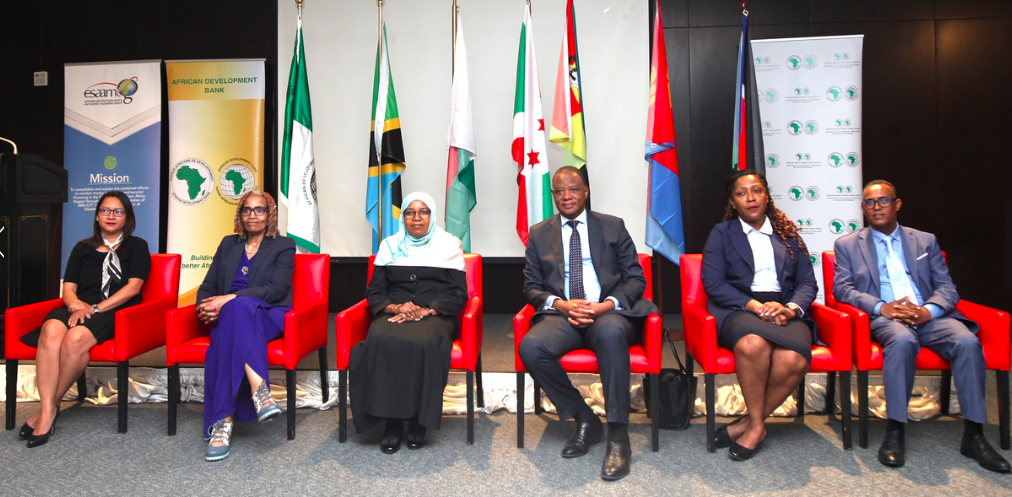
Five countries in Eastern and Southern Africa are set to receive targeted support to fight money laundering and terrorism financing, following the launch of a 5.2 million dollars regional initiative funded by the African Development Bank (AfDB).
The three-year project officially kicked off in Dar es Salaam, Tanzania. It is tailored to build up the institutional muscle of Burundi, Eritrea, Madagascar, Mozambique, and South Sudan, with a focus on helping them detect, prevent, and respond to financial crimes that weaken fragile economies and fuel insecurity.
Under the umbrella of the Eastern and Southern Africa Anti-Money Laundering Group (ESAAMLG), the “Regional Capacity Development Project” plans to equip these countries with the tools and know-how to meet international anti-money laundering and counter-terrorism financing (AML/CFT) standards. The program will be executed by the ESAAMLG Secretariat and funded through AfDB’s Transition Support Facility.
𝐖𝐡𝐚𝐭 𝐈𝐭 𝐌𝐞𝐚𝐧𝐬 𝐟𝐨𝐫 𝐭𝐡𝐞 𝐁𝐞𝐧𝐞𝐟𝐢𝐜𝐢𝐚𝐫𝐢𝐞𝐬
For countries like Burundi and South Sudan, where institutional fragility and conflict have left financial systems vulnerable, the support couldn’t come at a more critical time. The project promises to enhance their ability to trace illicit financial flows, improve compliance with global standards, and shore up investor confidence in local economies.
Eritrea and Madagascar, usually sidelined in broader regional development strategies, stand to gain capacity upgrades that could improve their standings in mutual evaluations. This is essential for unlocking future aid, investment, and trade relationships.
Meanwhile, Mozambique, which has battled corruption and insurgency in recent years, could leverage the initiative to stabilize its financial sector and improve domestic resource mobilization, especially as it prepares for major energy investments.
Headquartered in Dar es Salaam, ESAAMLG was established in 1999 and currently consists of 21 member countries. Its main objective is to work with member countries to promote and assess implementation of anti-money laundering and combating the financing of terrorism and proliferation standards.
According to executives, this project is bigger than compliance. It is seen as a tactical play to help countries plug the leaks in their economies caused by illicit money flows, a major drain on public resources across Africa. As financial crimes become more complex and transnational, states with weak monitoring systems are often exploited as conduits for laundering criminal proceeds or funding violent extremism. This project hopes to break that cycle by building resilient, accountable governance structures—starting with financial oversight.
The AfDB says the initiative is aligned with its 2024–2026 Action Plan for Anti-Money Laundering and Combatting Illicit Financial Flows, as well as its broader governance strategy. It’s also a clear example of how development finance can intersect with security and state-building goals in real time.
